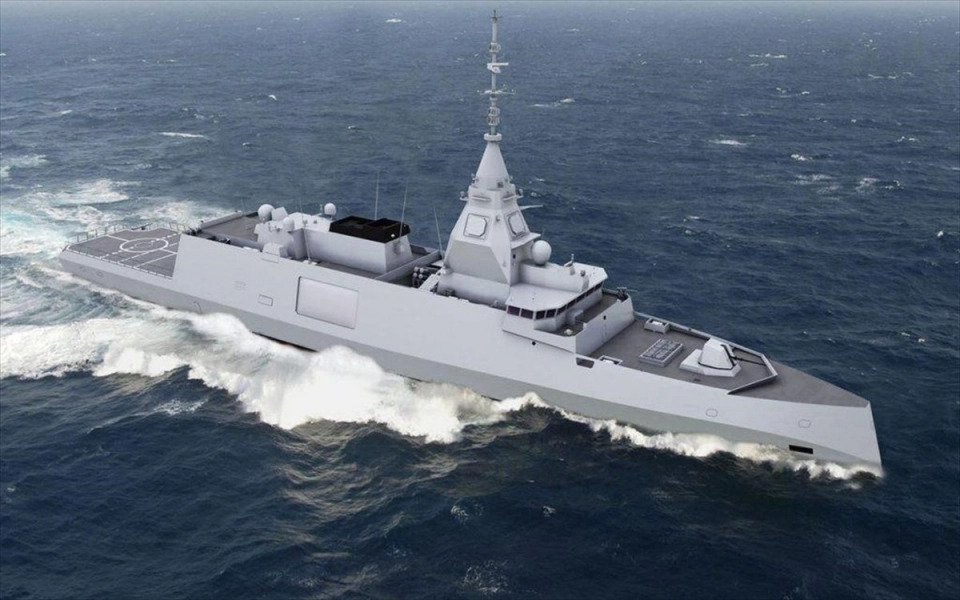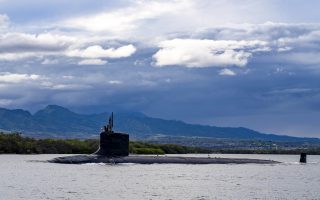The Greek-French defense deal, and Turkey in the background

The agreement Greece signed with France on Tuesday for the purchase of three navy frigates has significant benefits and much strategic value, prompting the following observations.
The first concerns domestic matters and the positive fact that the opposition – the second and third biggest parties, which have experience of being in government – backed the deal as a whole. Any reservations concerning specific areas and any criticism, to be expected, will be the subject of the discussion in Parliament, as the agreement will naturally go through institutional scrutiny by the opposition.
Secondly, at the purely operational level, the acquisition of the three new frigates will upgrade the Hellenic Navy and influence the balance of power in the Aegean.
Moreover, because of present international circumstances, this agreement moved smoothly without frustrating other countries that were interested in selling Greece their own ships.
Fourthly, the agreement is a step in the effort by a united Europe to develop an independent and reliable defense mechanism, which will act in a complementary way to NATO.
The fifth observation concerns Article 2 of the deal and the commitment to mutual defense assistance; it is also the part that may prove the most useful down the line. It specifically states that the signatories will use all the means at their disposal to help the other in the event that they come under armed attack or jointly recognize that their territorial integrity is under attack, according to Article 51 of the UN Charter.
There are two points worth mentioning here. The first concerns what constitutes an “armed attack” – a ship being rammed, perhaps? – and how high the bar is set, as both Athens and Paris will have to agree that such an event is taking place, but also on where it is taking place.
Greece is wary of Turkish violations of its maritime zones, but Ankara has its own arguments and positions – even though they are unfounded in most cases – begging the question of whether the agreement signed in Paris also covers all maritime zones, and to what extent.
In any case, this aspect of the deal can only be confirmed in practice, not necessarily in the event of an armed confrontation, but in its prevention. Military might is best when it does not need to be employed but suffices to be used as a threat. Not the use of force, but rather the threat of using it should be the goal.
As far as reactions from Turkey are concerned, and accusations that Greece is arming itself against its neighbor, President Recep Tayyip Erdogan should acknowledge Greece’s force and take into account its partnerships with the United States and powerful European countries like France.
Greece is not a small country in the region, a “negligible quantity.” It has significant military capabilities and added strength as a result of its participation in the European Union and NATO, and the various bilateral and multilateral cooperation agreements it has developed.
It is through this complex, comprehensive prism that Ankara should approach its relationship with Athens and act accordingly, and in doing so benefit itself too.





